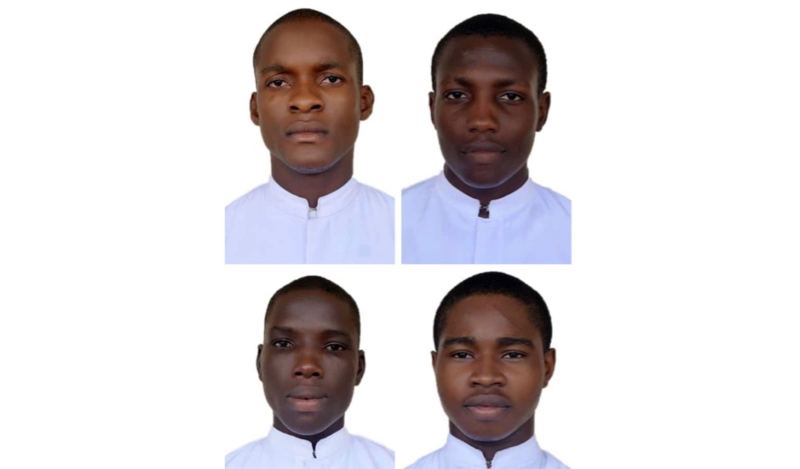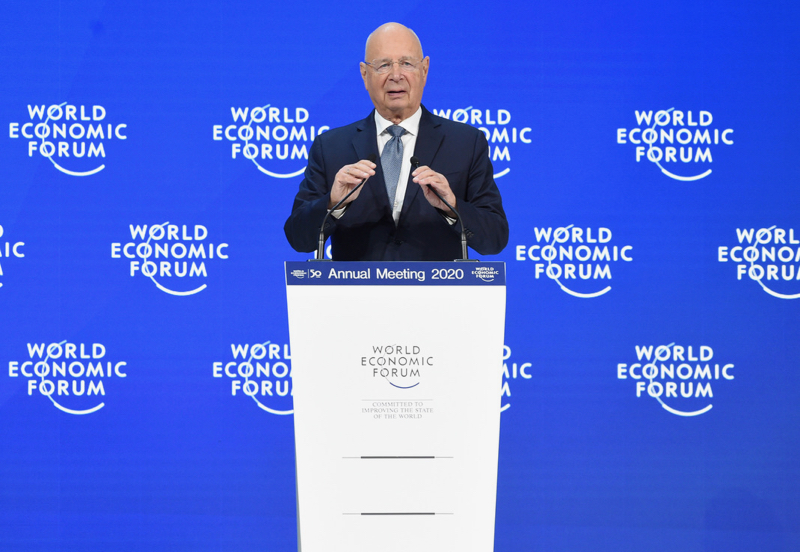New technologies in society raise important questions about the soul, according to a Catholic delegate attending the World Economic Forum in Davos.
Fr Philip Larrey, Chair of Logic and Epistemology at the Pontifical Lateran University, who has been in discussions with tech companies about the ethical questions around Artificial Intelligence and robots, took part in a discussion “Faith in the Fourth Industrial Revolution", sponsored by the United Arab Emirates.
Fr Larrey told The Tablet that how emerging technologies raise questions about immortality and the soul. Among Silicon Valley billionaires, he explained, heavy investment was going into technologies about how to vastly extend life expectancy and the “transhumanist” movement looking at ways to transfer human consciousness into a digital format.
“The smartest ones [tech companies] want to dialogue with the Catholic Church because we have a 2,000 year tradition about what it means to be human,” he said. “The richness of the Catholic tradition gives us the framework to speak out the technologies we have. How we were created and what is our purpose.”
Fr Larrey, from Mountain View, California, where Google has its HQ, and who helped arrange the 2016 meeting between the Pope and Eric Schmidt, the executive chairman of Google holding company Alphabet, pointed out that “the question of whether we can we really become immortal goes back to the Book of Genesis.”
He said some of the tech gurus have made it clear they are not interested in having a dialogue with the Vatican.
“They want to do their own thing, and are pushing ahead with a lot of money with projects to try and keep them immortal, or solve health issues,” said Fr Larrey, who has written two books, Connected World and Artificial Humanity.
Last September, Silicon Valley big hitters went to the Vatican to discuss ethics amid talk of a potential papal document on artificial intelligence. Archbishop Vincenzio Paglia, the Pope’s point man on family and pro-life issues, has met Brad Smith, the President of Microsoft. The next assembly of his Pontifical Academy of Life department will focus on AI.
Fr Larrey stressed that whatever the technological developments, it was important to put people before platforms
“The Church is not against the use of machines, but what the Pope is saying is put the human being at the centre of technology,” he explained .
The priest-philosopher pointed out that parishes, while using digital technology, are places of human contact. He said claims about robots taking over the world are overblown, and that governments will not allow machines to take over peoples’ jobs right away. The same is true for pastoral ministry.
“I don’t see robot priests in the future,” he added.
Pope Francis in his message reminded those at the gathering for the World Economic Forum that their overriding concern must be for “the one human family,” and warned against the “isolationism, individualism and ideological colonisation” of contemporary debate.
Digital and technological changes, he said, had benefited humanity, but also left people behind. The Pope’s message was delivered by Cardinal Peter Turkson, of the integral human development dicastery, who was in Davos, and who was joined by Fr Augusto Zampini-Davies, an official at the dicastery.



 Loading ...
Loading ...